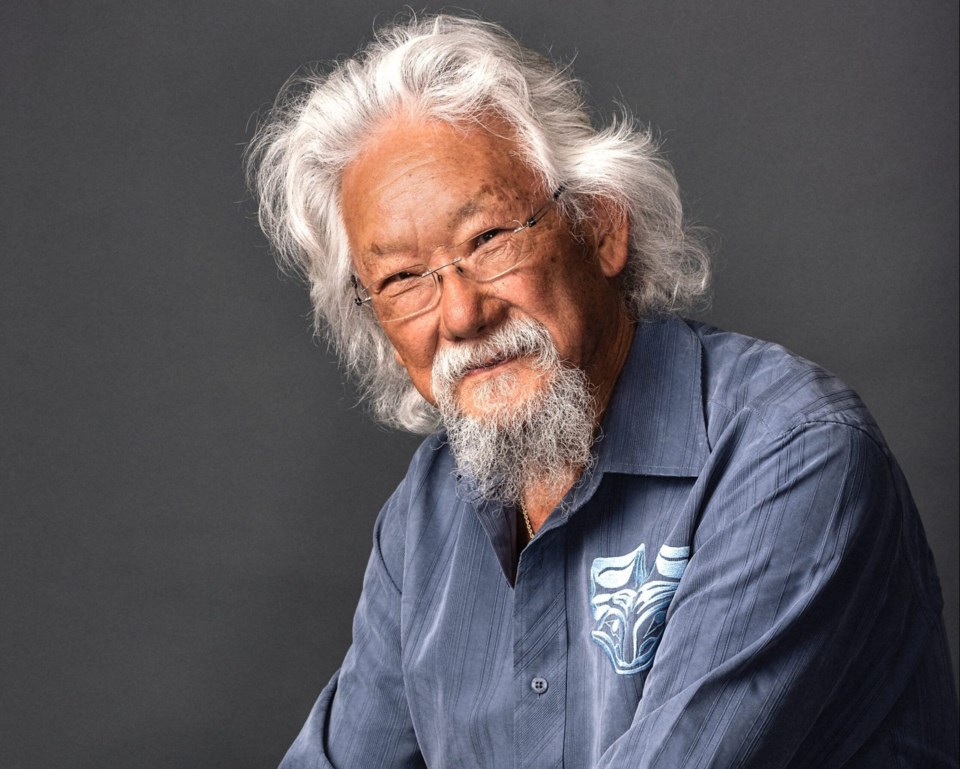The natural world is foundational to every aspect of our lives. We all need food, air and water. But nature is not our sole underpinning; stories are also foundational. Without them, we wouldn’t be able to make sense of the world or create meaning within it.
Nature sustains human economies. More broadly speaking, economies are built on commonly held stories through which we agree on the means to exchange goods and services and ascribe value to products and labour. Economics is a societal story as are the narratives that propel it.
These narratives can infuse us with longing, contentment or fear (among other emotions). The ones that capitalize on longing or fear are often spun by those with something to gain from their proliferation — those in power seeking to justify their actions, or people selling things.
A successful narrative fuelling policy-making today is that environmental safeguards delay development and hinder extractive activities and are thus obstacles to “progress.”
Examples abound. They include passage of British Columbia’s Bill 15, the Infrastructure Projects Act, under which ventures “in the provincial interest” (such as mines and fracked gas activities) can be fast-tracked. Similarly, Bill C5, the federal Building Canada Act, enables expediting infrastructure deemed to be in the “national interest.” The recently passed Bill 5, the Protect Ontario by Unleashing Our Economy Act, discards the Endangered Species Act while granting unfettered power to Ontario’s premier, cabinet and, by proxy, their “trusted proponents” to disregard environmental and other regulatory measures in yet-to-be-determined “special economic zones” — including the Ring of Fire, an area of mineral deposits in northern Ontario on First Nations’ traditional territories.
These pieces of legislation imply that upholding Indigenous rights also impedes economic progress, as each was designed with the potential to bypass standard processes for consultation, and none embeds Canada’s international commitment to obtain free, prior and informed consent from Indigenous nations before approving development.
Politicians advancing these acts have adorned them with imagery of Canadian prosperity, strength and sovereignty in the face of economic uncertainty unleashed by the U.S. administration.
Economic instability provides fertile ground in which fear-based narratives can take hold. The floundering economy in Germany fomented Nazism, the story that subversives and radicals were responsible for the country’s economic problems fuelled the military junta in Argentina, and Trump came to power in the U.S. after spinning tales of rigged systems and immigrants stealing jobs.
In Canada, the narrative that environmental protections should be ditched to fast-track resource extraction has been so successful that Ontario and Alberta’s premiers wrote to the prime minister demanding that, to “counter the impacts of the United States trade policy,” remaining federal environmental protection measures should be repealed — including the Impact Assessment Act, Clean Electricity Regulations, Greenhouse Gas Pollution Pricing Act and Species at Risk Act. They even had the gall to demand that the federal government “refrain from reintroducing” an act “respecting water, source water, drinking water, wastewater and related infrastructure on First Nation lands.”
Indigenous land and rights defenders have been among the most vocal opponents of these deregulation initiatives. In Ontario, nine First Nations issued a legal challenge to strike down Ontario’s Bill 5 and the federal Bill C5, arguing that, “delay results from Crown choices and unwieldy bureaucracies, not from First Nations,” and asserting that, “Making changes now in some effort to ‘streamline’ (or ram through) projects, cannot be at the cost of First Nations, their rights, the Constitution and reconciliation.”
We often buy into mainstream narratives without realizing it. Many people simply accept the story that regulations to protect the environment are an unnecessary hindrance, despite evidence that Canada’s existing safeguards have been insufficient to halt or reverse biodiversity loss.
No one can force us to accept the stories spun by others. We are free to articulate stories of our own that counter those prioritizing short-term economic gains from resource extraction over long-term planning for a healthy future. Many of us share stories of Canada wherein Indigenous rights and responsibilities are upheld, and the knowledge that we can’t have healthy economies without healthy ecosystems to support them is recognized. These stories don’t merely reflect back a different reality; they help to shape a different future.
David Suzuki is a scientist, broadcaster, author and co-founder of the David Suzuki Foundation. Written with David Suzuki Foundation Boreal Project Manager Rachel Plotkin.
Learn more at davidsuzuki.org.



